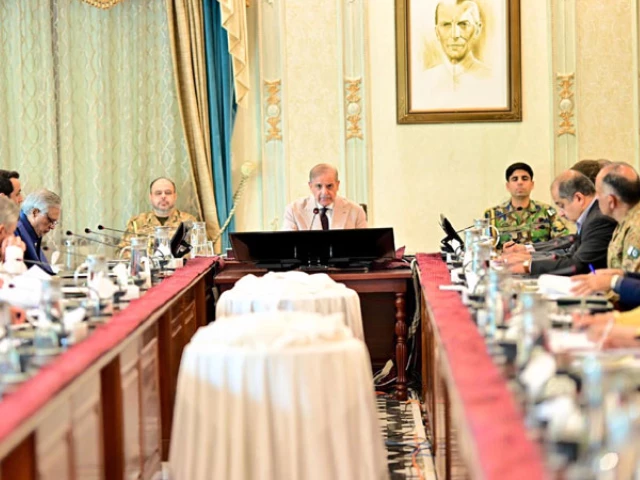The State of Justice in Pakistan: A Call for Accountability
In recent weeks, the political landscape in Pakistan has been nothing short of tumultuous. With floods ravaging the country, many are left questioning how the government is prioritizing its duty to the citizens. A pressing voice in this discourse is Salman Akram Raja, a prominent leader from Pakistan Tehreek-e-Insaf (PTI), who has voiced serious concerns over the state of the judiciary.
Raja’s criticisms came to light following alarming letters from two Islamabad High Court judges. Justice Babar Sattar and Justice Sardar Ejaz Ishaq Khan raised concerns about the lack of transparency within the judicial system. They directed their uncomfortable questions at Chief Justice Sardar Sarfraz Dogar. This revelation has sparked a wider conversation about the effectiveness and integrity of the judiciary at a time when leadership seems preoccupied with foreign tours rather than the urgent crises within Pakistan.
The devastating floods have claimed lives and displaced many, yet Raja points out that while citizens struggle, government officials appear to be more focused on international engagements. He condemned the attack on Akhtar Mengal’s rally as a serious terrorist act, emphasizing that no true patriot can remain silent during such times.
The challenges are compounded by economic woes, with exports dwindling and imports surging. Raja’s remarks hint at a broader systemic failure where corruption and mismanagement have led to dire consequences. Major figures, including former National Assembly speaker Asad Qaiser, echoed similar sentiments. They call for immediate action to address infrastructure and constitutional supremacy, essential for navigating through crises like natural disasters effectively.
Moreover, prominent leaders such as Allama Raja Nasir Abbas have underscored the necessity of justice for societal stability. He reminded us of past lessons learned in 1971, warning that without a legal framework where citizens feel protected and heard, disillusionment may threaten national unity.
Former Sindh governor Muhammad Zubair weighed in, contesting claims of "zero corruption" during the current administration. The discrepancies between such statements and reports from the auditor general highlight the urgent need for clarity and accountability in governance—a sentiment echoed by former senator Mustafa Nawaz Khokhar, who noted the stifling of free speech within media circles.
With the judiciary itself acknowledging its shortcomings, citizens are left pondering where to seek justice. Khokhar’s proposal for a white paper documenting the judicial history illuminates an essential truth: understanding the past is crucial for paving the way towards a more just future.
As Pakistan navigates this troubling era, it’s clear that accountability, unity, and transparency must become the cornerstone of future governance. Organizations like Pro21st are actively facilitating discussions and solutions that aim to empower voices and foster an environment where justice is not just a concept, but a lived reality for all Pakistanis. Connecting with platforms devoted to meaningful discourse can make a difference—one conversation at a time.
At Pro21st, we believe in sharing updates that matter.
Stay connected for more real conversations, fresh insights, and 21st-century perspectives.





